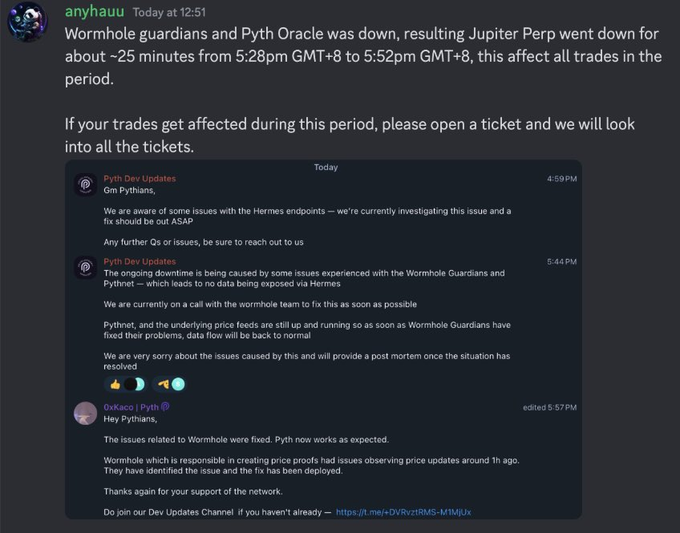We’ve been building oracles for 3+ years. In that time we’ve spoken with 400+ DeFi teams, some of which no longer exist. Over the past few months we’ve spent a lot of time thinking about monetization and how to build a revenue‑generating business around oracles. I figured I’d write a short post on the current state of oracle monetization and what might come next.
Oracles are bad businesses. That’s the hard truth, and it surprised many people I spoke with. No oracle is profitable today if you exclude token sales (which are not operating revenue). Three main reasons explain this:
-
Data is non‑excludable. Once an oracle update lands on‑chain, anyone can read and use it. I readily agree that the largest consumer of data feeds (Aave) should pay to ensure updates land, but why would others pay if it’s already there?
-
Most crypto data is public. Pyth leaned on the “financial data is a huge market in TradFi” narrative, but DeFi is different. Markets and price discovery are moving onchain; much of the raw data is already public. You still want redundancy and multiple sources, but the data itself isn’t scarce. You can see this quickly: Pyth pays its data providers, yet the output of its oracle is reproducible from public inputs.
-
There are already plenty of providers. Chainlink’s high valuation attracted many competitors. We now have many solutions chasing a limited set of customers, many of whom pay little or nothing. That competition pushed oracles to airdrop tokens to users, effectively paying customers to adopt their feeds.
This is why oracles are becoming commoditized. It also explains why Chainlink has focused in recent years on offerings beyond price feeds (with CCIP and SWIFT‑related efforts) to find revenue that traditional oracle business lines can’t easily provide. This is also why most of the oracle coins outside of Chainlink look like this.

Chainlink reported an incorrect price on Arbitrum at the end of 2023 that led to >$100k of liquidations; again, no slashing.

So if there’s no real economic security guarantee, why not build your own? That’s what one of this cycle’s most successful apps, Hyperliquid, did. With restaking, it’s also easier than before to add economic security (though non‑deterministic data makes slashing tricky for oracles).
For all these reasons, it’s hard to see oracles generating substantial revenue in the near term. Over the long run, privacy may help solve some monetization problems, but there’s a long road ahead.
